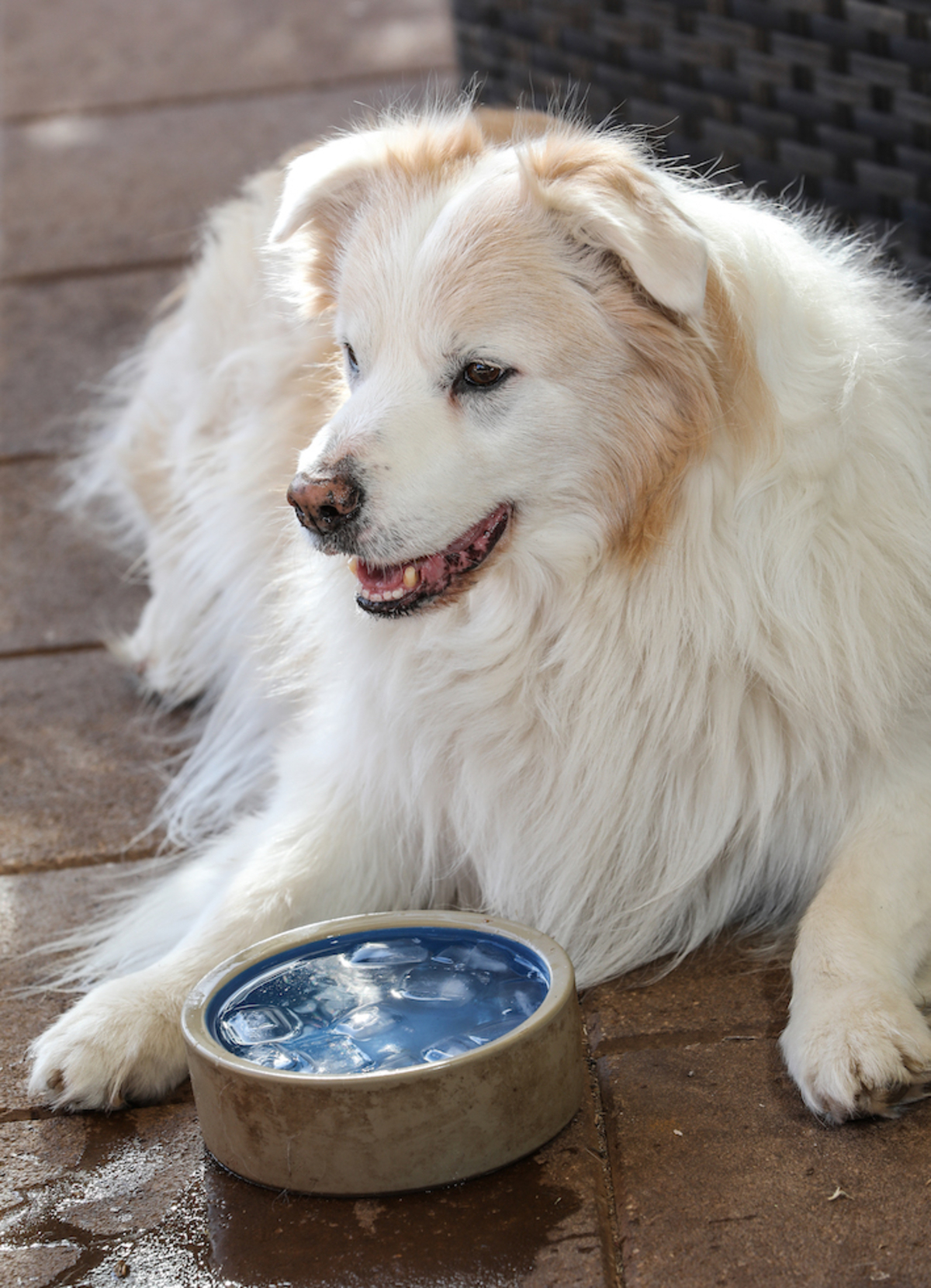SES recommends safe fun in the sun
Staff Reporters
07 December 2023, 1:30 AM
 The SES says to take care of your pets and yourself in the heat this summer.
The SES says to take care of your pets and yourself in the heat this summer.With more heatwaves likely this summer, the South Australian State Emergency Service (SES) reminds people to enjoy the season with a safe and sensible approach.
In September, the Bureau of Meteorology declared that El Nino and a positive Indian Ocean Dipole event was underway.
This means South Australians can expect hotter and drier conditions this summer.
As the Control Agency for severe weather in SA, the SES reminds people to take steps to prepare in advance of summer heatwaves.
Adelaide recently experienced its hottest day for the first half of November since 1897.
Chris Beattie, Chief Officer of the SES, says when century-old temperature records are broken it would be wise for people to plan and prepare for a very hot SA summer.
“Heatwaves can have significant consequences for our communities and they present significant risks to people and infrastructure.
“Since 2005, SA has experience nine of its hottest 10 years on record.
“Heatwaves are known as a silent killer as our bodies often struggle to cool down in prolonged, extreme heat, especially when night-time temperatures also remain high.’’
Jonathan Fischer from the Bureau of Meteorology said modelling undertaken by the Bureau indicated a higher likelihood of extreme heat days heatwaves for SA this summer.
“This is the first summer since 2015/16 with the combined climate drivers of El Nino and a positive Indian Ocean Dipole, which tips the odds towards hotter than average conditions for SA.
“We should all prepare for more days of extreme heat compared to recent years.’’
Dr Marie Ludlow, General Manager of the Heart Foundation (SA) says people at the highest risk during heatwaves include older people and those with existing health conditions like high blood pressure, cardiovascular disease and other heart conditions.
“All the changes that the body undergoes in extreme temperatures can cause problems that may lead to an increased chance of having a heart attack or developing an irregular heartbeat (arrhythmia).
“On hot days - because our blood is redirected closer to the skin’s surface to help maintain normal body temperature - our bodies work a lot harder to keep cool. This increases blood pressure, making the heart work harder to keep more blood pumping around the body.
“Sweat is a way our body helps keep cool. However, the more our body sweats, the more likely we are to become dehydrated especially if we don’t drink enough water. While being overly hot can lead to higher blood pressure, dehydration can lead to a drop in blood pressure. Both factors can have a detrimental effect on the heart.’’
For summer heatwaves the SES advises:
- Prepare a cool room in your house with air conditioning, fans, curtains and blinds.
- Plan your days to avoid going out during the hottest part of the day.
- Locate a cool place in your area, such as a shopping centre or library, if you don’t have air-conditioning.
- Check on your neighbours, family and friends regularly.
- Know the signs of heat related illness, such as dehydration.
- Ensure your pets have plenty of cool water and shade.
- At-risk people can register for the Red Cross Telecross REDi service by calling 1800 188 071.
The SES has created a range of helpful, downloadable checklists in 19 different languages including Pitjantjatjara and Yanunijarra at ses.sa.gov.au which can help people prepare themselves and their homes for heatwaves.